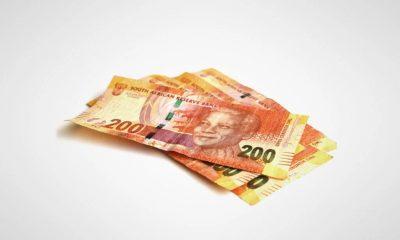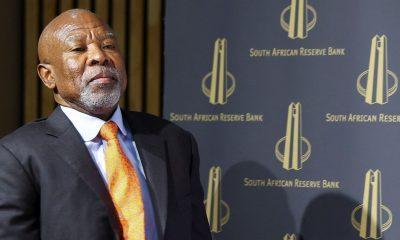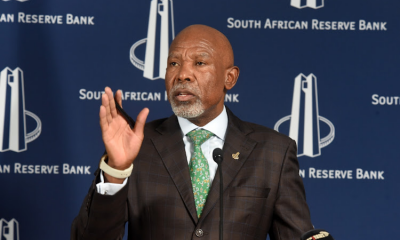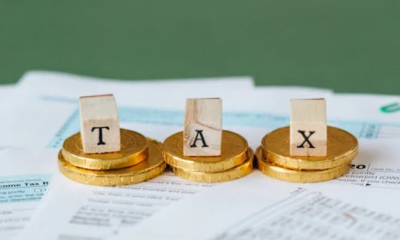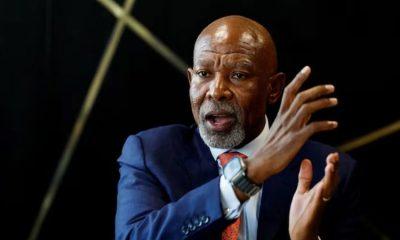411
South Africa’s VAT Hike Could Trigger Inflation and Interest Rate Hikes

If the National Treasury pushes ahead with a Value Added Tax (VAT) hike as proposed in the shelved 2025 Budget, South Africa could face an unexpected economic blow—higher interest rates instead of the much-anticipated rate cuts.
Investors may also be deterred by the resultant inflationary pressure, potentially weakening the country’s ability to attract the funding needed for economic recovery.
These are just two of the broader implications of raising VAT to 17%, beyond the immediate price increases that would ripple through the supply and value chain.
How a VAT Hike Could Spike Inflation and Interest Rates
According to economists at the Bureau for Economic Research (BER), the most immediate and obvious effect of a VAT increase would be a rise in inflation.
Their modeling suggests that, under a baseline scenario, headline consumer inflation (CPI) could rise by about one percentage point. Given that CPI stood at 3.2% in January 2025, this would push inflation closer to 4.2%.
If the South African Reserve Bank (SARB) were to follow the Taylor Rule—a monetary policy guideline that links interest rates to inflation and GDP growth—this inflationary spike could force a repo rate hike instead of the expected cuts.
Currently, South Africa’s repo rate sits at 7.50%, with room for gradual cuts. However, a VAT-induced inflation rise could push the ‘appropriate’ repo rate to around 8.30%, making interest rate hikes a real possibility.
This would have serious consequences for investment, borrowing costs, and economic growth. While VAT doesn’t directly impact investment, higher interest rates make borrowing more expensive, slowing down business expansion and economic activity.
The VAT Hike Debate: Will It Happen?
The VAT hike was a major sticking point in the Government of National Unity (GNU), contributing to the shelving of the 2025 Budget. However, Finance Minister Enoch Godongwana has made it clear that trade-offs are necessary to balance the books.
If VAT is not increased, the government must either cut spending or take on more debt—both of which present their own challenges.
- Cutting spending is politically sensitive, especially when it affects social services and support for vulnerable citizens.
- Increasing debt could push South Africa further into economic instability.
The BER acknowledges that this is a tough dilemma. “The books will not balance without either a cut in expenditure or a hike in tax—or, most likely, a bit of both,” it stated.
Political Standoff: VAT Hike Still on the Table
Reports from News24 indicate that the VAT debate is still ongoing within Cabinet. While the initial proposal was to increase VAT by 2 percentage points, it has now been reduced to a 0.75 percentage point hike.
Even so, key GNU partners, particularly the Democratic Alliance (DA), remain strongly opposed. The DA argues that the government can find billions of rands by reducing wasteful expenditure rather than increasing taxes.
The party has suggested:
- Cutting government advertising budgets
- Reducing travel and catering expenses across departments
- Freezing hiring for all non-essential government roles for 12 months
With the budget set to be tabled on 12 March, time is running out for a resolution. If no agreement is reached, government funding will continue under the Medium Term Budget Policy Statement (MTBPS) released in October 2024.
What’s Next for South Africa?
As the deadline approaches, South Africans should brace for potential tax changes, economic shifts, and possible interest rate adjustments. Whether the VAT hike is approved or not, the tough choices ahead will impact businesses, investors, and consumers alike.
Follow Joburg ETC on Facebook, Twitter , TikTok and Instagram
For more News in Johannesburg, visit joburgetc.com



